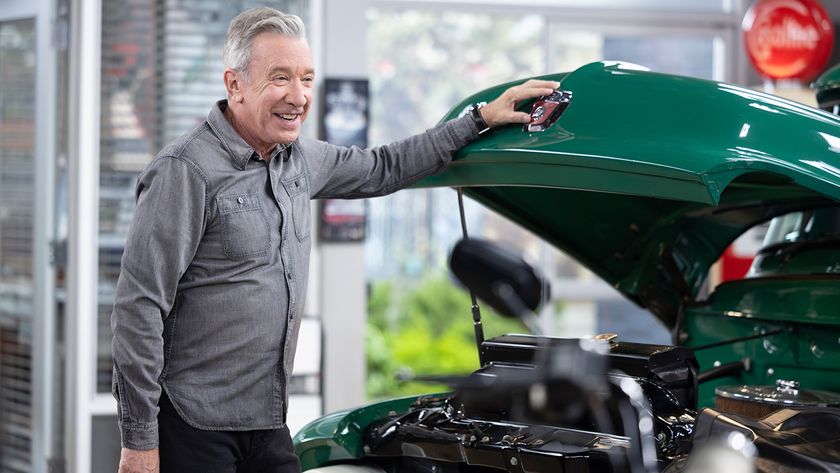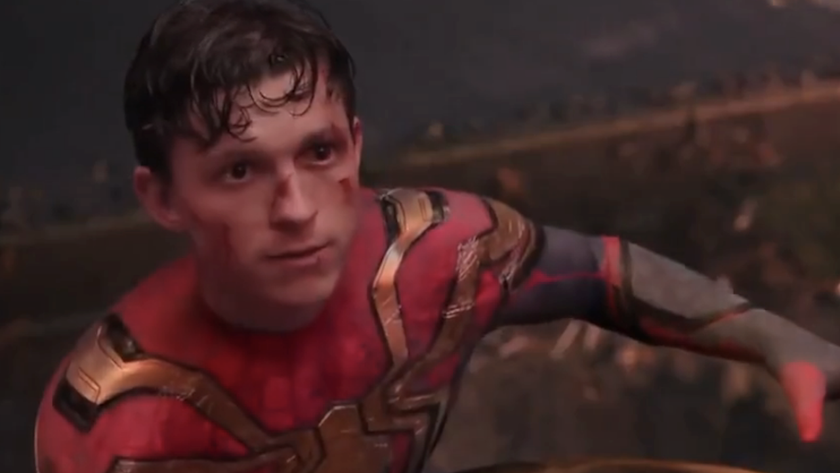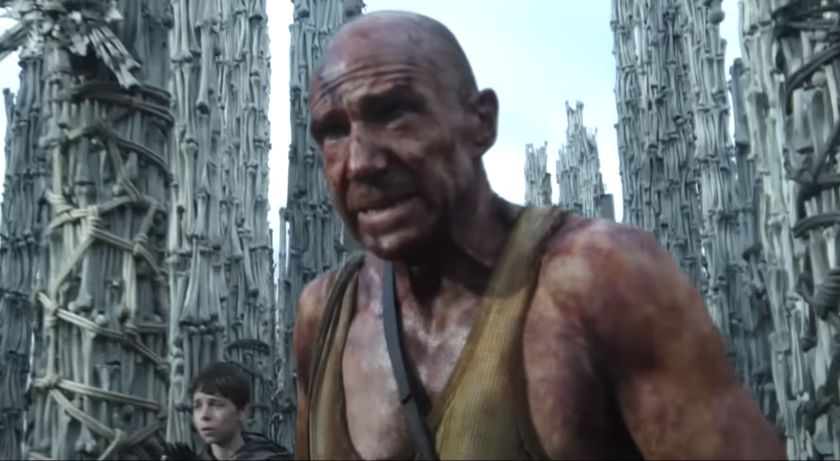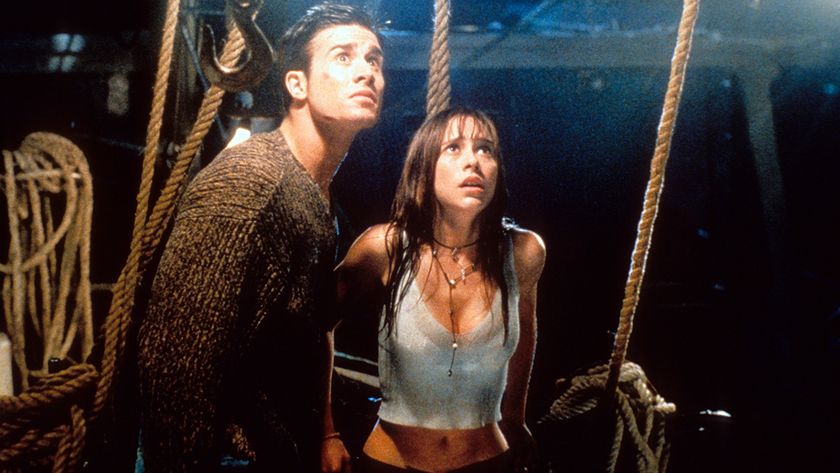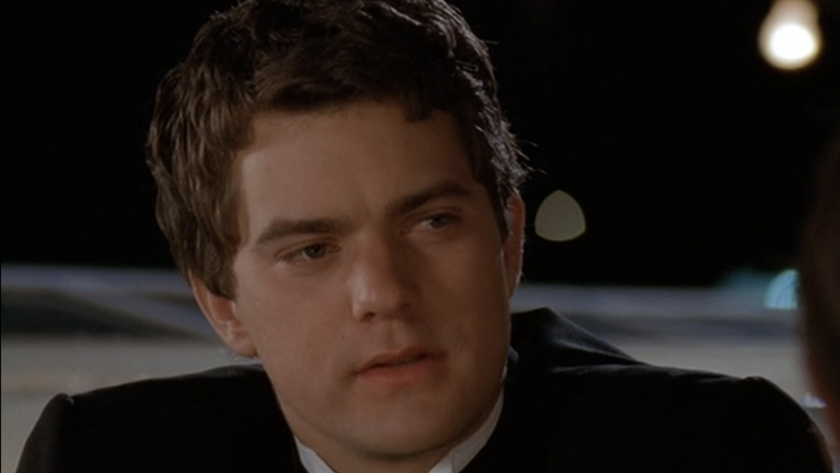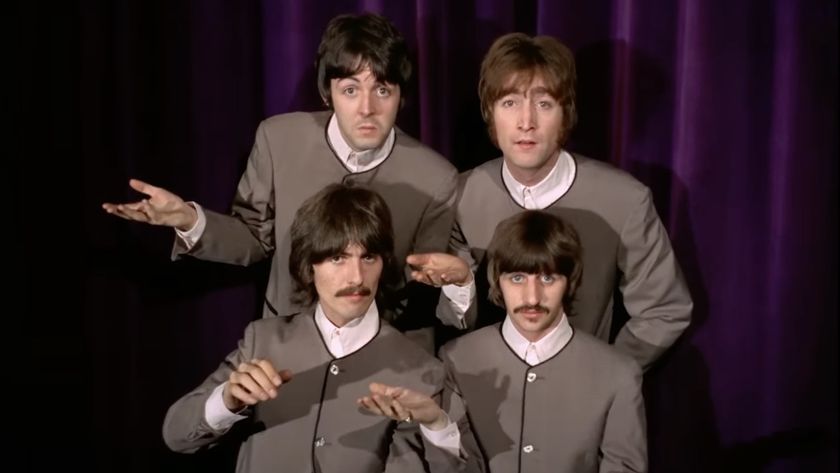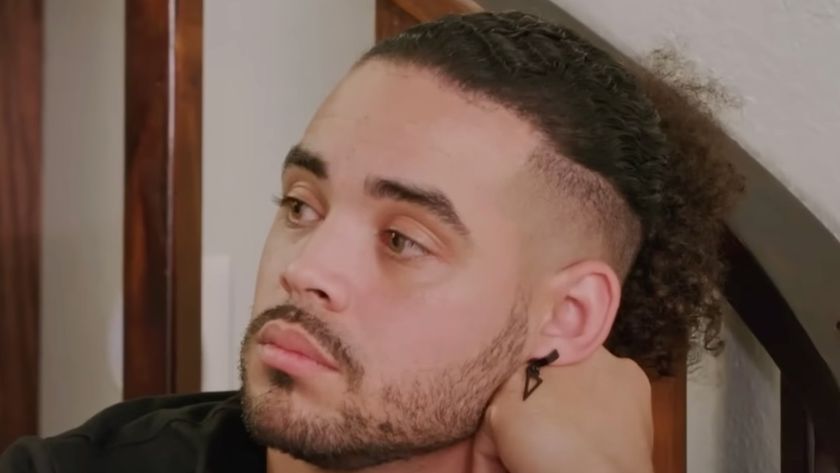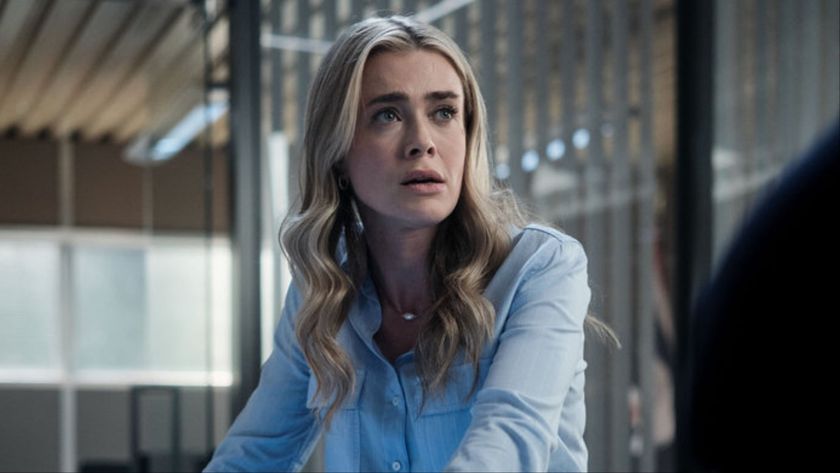Talking To The CIA Experts About Realism And Focus In Salt
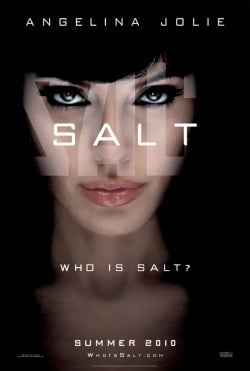
When Sony brought a bunch of journalists down to Washington D.C. so we could interview the cast and creators of Salt, they also included a "spy experience" as part of the package. Not only were we given guided tours of the International Spy Museum and allowed to ooh and ahh over the lipstick pistol and James Bond's Aston Martin, but we had dinner with a specially assembled panel of espionage experts, from former CIA agent and Salt consultant Melissa Mahle to Tom Ridge, the first-ever head of Homeland Security.
Before dinner the experts, who also included ex-KGB Agent Oleg Kalugin and former Homeland Security communications director Kirk Whitworth, sat down for a press conference in which they discussed the film, their careers, and the fact that Salt's seemingly implausible plot about a sleeper cell of Russian spies had actually made its way to the real-life headlines. Check out the highlights from that press conference below.

On the New York spy case that resolved with a spy swap
OLEG KALUGIN: I never expected such a quick resolution of a major spy case. In my time when I was operational in the US we did have a couple of guys, on a very specific mission. But, [given] the number of people, it looked to me a waste of human resources, waste of money, waste of time. And in fact, contrary to the spirit of current Russian American relations, which indeed again is a good reminder that spies will always be around. Be watchful, be vigilant.
MELISSA MAHLE: When I look at this, I take an operational view and I say “what could this ring possibly have been here? What were they doing?” On the face of it, it doesn’t feel right. Not knowing anything more than what has been in the press, the question that I would ask is “That’s a tremendous investment, a seed operation, there had to be a greater purpose to this.” You know, assuming the Russian intelligence association remains the professional organization it has been. It’s really a challenge to embed somebody and have them become totally American and yet totally loyal to another government. We may never know what this was all about.
TOM RIDGE: It reminded me in a very profound way, of how we used to start every day at the White House, when we would wait outside the Oval Office. We spoke to the President every day, and his first briefing was with the CIA when they spun the globe and talked of the traditional threats. I’m sure the conversations were about China and Russia and Venezuela and Cuba and North Korea, and then we would go in and brief the President on terrorism. It is a reminder the perils of operating government in a democracy, in traditional rivals. The notion that we would spy on one another to secure information about aspirations, capabilities, etc. that still exists, that’s still very much a part of our world.
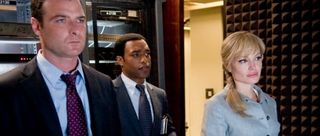
On their favorite parts of Salt and where it diverges from reality
CINEMABLEND NEWSLETTER
Your Daily Blend of Entertainment News
MELISSA: First of all, when you work on a film you are dealing with Hollywood and you have to understand that espionage is chess. Chess makes boring film. So, always aware of the limitations of the reality in terms of film, what I endeavor to do, what Phillip really wanted, was to make it as real as possible. The other thing was to get the details right, because if I could make it feel right in important moments, then you’ll have a film that is really going to grip you, and I think that this is a gripping film. Yes, the action scenes are over the top. If I had one day in my career like Salt, I’m sure I wouldn’t have had a very long career. But she was fabulous at it.
I have lots of favorite parts of it, [like] the walk in scene. I love the walk in scene, and I had a lot of input in the walk in scene because I wanted to get it right. When you are an operative that moment you get the call is a walk in. The first thing you think is this is either a huge opportunity or a total waste of my time. 90 percent of the time it’s a total waste of your time. But, 10 percent of the time it isn’t. Some of our best sources have come in through walk ins. So it is a very exciting moment. You go in and you confront this person who has an agenda, and you have to figure out what this agenda is and you cannot show your cards. You have a very short period of time because you have security concerns and all of those things were captured as in the character’s trying to figure out what is real or not real, not just the character, the whole team that was there, that was watching this unfolding of this walk in scene. So I think that I like that a lot, it was very real.
OLEG: Angelina, she was superb, […] but, her performance was perhaps a little too much violence for an intelligence guy. I was a quiet fellow undercover as a Fulbright scholar, later a journalist, a little later a diplomat. I never resorted to violence myself, but I understand that people do if necessary. I belonged to a different generation. I came after Khrushchev’s years so, it was pretty benign in a sense. Some of the critics of the current Russian regime just were killed, poisoned, assassinated, as you all know from the headlines, just because they were critical of some specific personal traits of the Russian leadership, or they knew too much and talked too much.
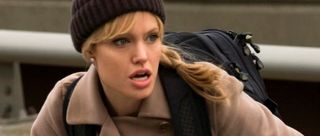
Melissa's impressions of Angelina Jolie when helping the actress prepare for her role.
MELISSA: I was very impressed in sitting down and working with her because her focus. When we set out to do an operation, we are very focused on all the small details. She was really focused like that. She sucked my brain dry trying to get details to help her put together her character. What she really wanted to know, what she really wanted to feel was how does my brain work when I sit down and I look at an operation. What are my way stations? What does it mean to be loyal, what does it feel like to be accused, and issues of loyalty and death. In working in a secret world, in a secret organization, what are your relationships like with your peers, when you are working in a high-risk dangerous environment? It is one thing to risk yourself, but what happens when you risk your family? I was very impressed by her keying in on these core things in a very focused way. I think we see the result of that in this movie; it was a very strong portrayal.
Staff Writer at CinemaBlend
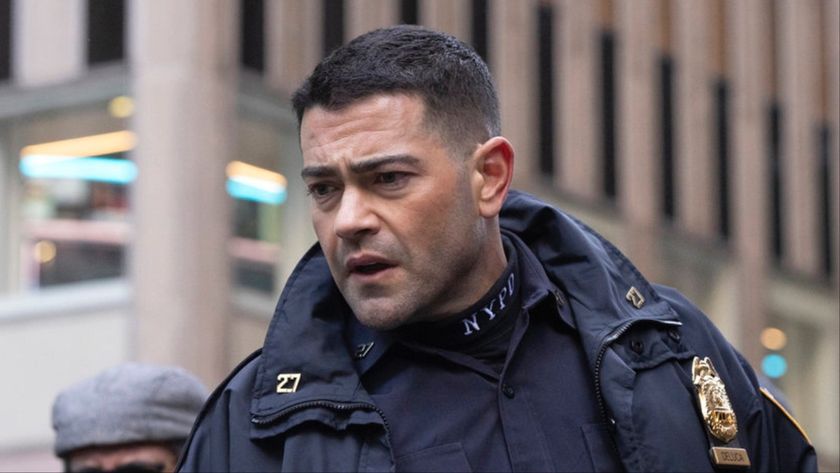
Law And Order Guest Star Shares What Was 'A Little Embarrassing' While Filming With Reid Scott, And Now I Wish There Were Bloopers
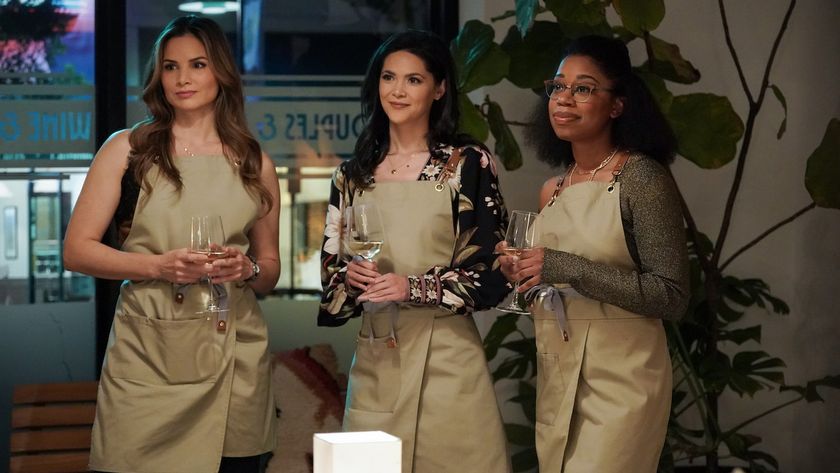
NCIS’ Diona Reasonover Opened Up About The Latest Episode’s Smoky Kiln Scene And More, But I Especially Liked Her Thoughts On Kasie And Knight’s ‘Rock Solid’ Friendship

